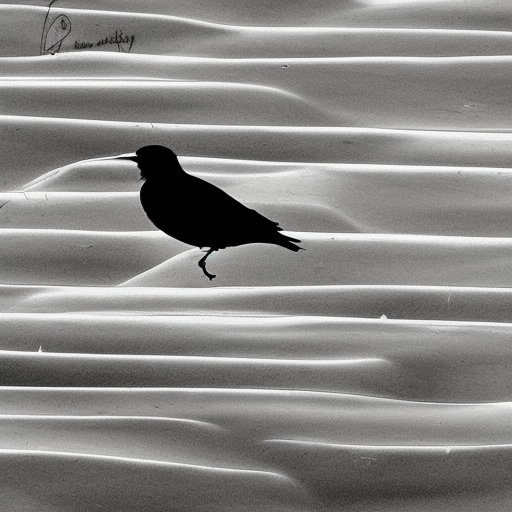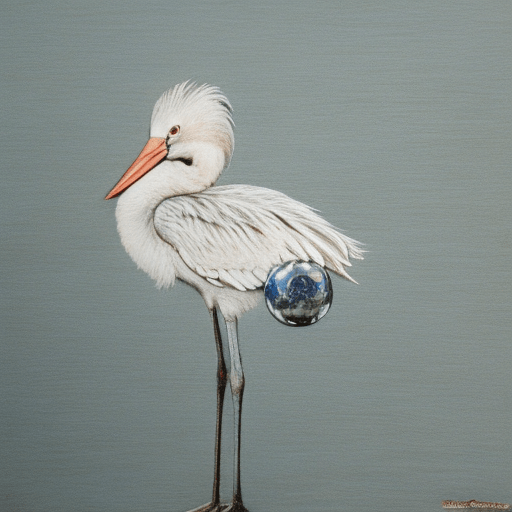One-line Summary:
One Flew Over the Cuckoo’s Nest, directed by Miloš Forman, is a powerful and thought-provoking film that explores the boundaries of sanity and freedom within a mental institution. It follows the story of Randle McMurphy, a charismatic and rebellious inmate who challenges the oppressive rule of Nurse Ratched and inspires his fellow patients to reclaim their individuality and autonomy.
Main Cast and Crew:
- Director: Miloš Forman
- Writers: Lawrence Hauben, Bo Goldman (screenplay), Ken Kesey (novel)
- Key Actors: Jack Nicholson (Randle McMurphy), Louise Fletcher (Nurse Ratched), William Redfield (Harding), Brad Dourif (Billy Bibbit), Danny DeVito (Martini)
- Music Director: Jack Nitzsche
- Director of Photography: Haskell Wexler, Bill Butler
- Producers: Michael Douglas, Saul Zaentz
Plot:
Randle McMurphy, a charming and rebellious criminal, fakes insanity to serve his prison sentence in a mental institution. Upon arrival, he encounters a strict and tyrannical Nurse Ratched, who maintains control over the patients through manipulation and fear. McMurphy’s lively and free-spirited nature clashes with Ratched’s oppressive regime, leading to a battle of wills between the two.
McMurphy befriends his fellow patients, including the timid Billy Bibbit, the intelligent but troubled Harding, and the delusional Martini. He encourages them to question authority and embrace their individuality. As McMurphy’s influence grows, the patients gain confidence and begin to challenge Ratched’s authority, leading to a series of rebellious acts.
However, as McMurphy’s defiance escalates, Ratched resorts to extreme measures to maintain control, ultimately leading to a tragic and heartbreaking climax. The film explores themes of freedom, conformity, and the corrupting power of authority, highlighting the importance of individuality and the human spirit.
Themes and Motifs:
One Flew Over the Cuckoo’s Nest delves into several central themes and motifs. It examines the oppressive nature of institutional authority and the dehumanizing effects it can have on individuals. The film also explores the concept of sanity and questions who has the authority to define it. Additionally, it highlights the importance of rebellion and the pursuit of personal freedom, even in the face of overwhelming odds.
Reception and Legacy:
Upon its release in 1975, One Flew Over the Cuckoo’s Nest received widespread critical acclaim. It won five Academy Awards, including Best Picture, Best Director for Miloš Forman, and Best Actor for Jack Nicholson. The film’s powerful performances, gripping storyline, and social commentary resonated with audiences and critics alike.
One Flew Over the Cuckoo’s Nest has since become a cinematic classic, known for its exploration of mental health, individuality, and the abuse of power. It continues to be celebrated for its exceptional performances, particularly Jack Nicholson’s iconic portrayal of McMurphy. The film’s impact on popular culture and its enduring legacy in cinema cannot be overstated.
Recommendation:
One Flew Over the Cuckoo’s Nest is a must-watch film for anyone interested in thought-provoking storytelling and exceptional performances. It offers a powerful critique of institutional authority and explores themes of individuality and freedom. The film’s emotional depth and compelling narrative make it a timeless classic that continues to resonate with audiences today.
Memorable Quote:
“But I tried, didn’t I? Goddamnit, at least I did that.” – Randle McMurphy












